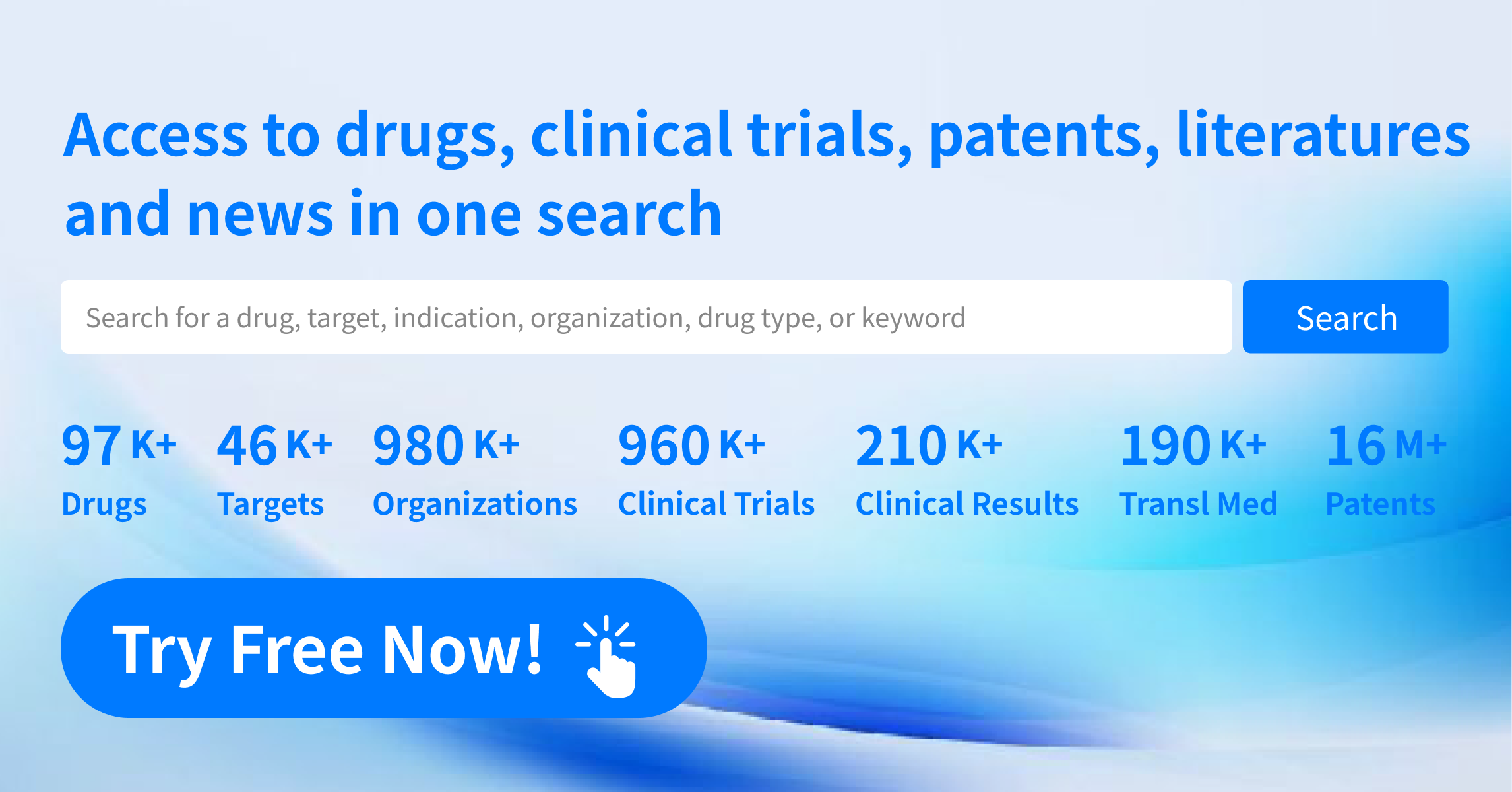Pharma Frontiers: Daily Digest of Global Pharmaceutical News – Oct 12
1. Roche’s PI3Kα Inhibitor Approved by the U.S. FDA
On October 10, the FDA website announced that Roche's PI3Kα inhibitor Inavolisib (brand name: Itovebi) has been approved in combination with Palbociclib and Fulvestrant for the treatment of adult patients with locally advanced or metastatic HR-positive, HER2-negative breast cancer with PIK3CA mutations, who have developed endocrine therapy resistance and relapsed during or after adjuvant endocrine therapy. Inavolisib is an oral, highly selective PI3Kα inhibitor that specifically triggers the degradation of mutant PI3Kα proteins. The approval is supported by data from the Phase III INAVO120 clinical trial. Results showed that median progression-free survival (PFS) was significantly prolonged in the Inavolisib group compared to the placebo group (15.0 vs. 7.3 months, HR=0.43, P<0.0001), demonstrating both statistical and clinical significance. The overall response rate (ORR) was 58% in the Inavolisib group versus 25% in the placebo group, and the median duration of response (DOR) was 18.4 months versus 9.6 months. Overall survival (OS) data is still immature, but a clear positive trend has been observed (NE vs. NE, HR=0.64, P=0.0338), and follow-up will continue.
2. Junshi Biosciences’ PCSK9 Inhibitor Approved in China
On October 11, the NMPA website announced that Junshi Biosciences' recombinant humanized anti-PCSK9 monoclonal antibody Ongericimab injection (JS002) has been approved for marketing. The approved indication is for use, in combination with statins or statins and Ezetimibe, in adult patients with primary hypercholesterolemia (non-familial) or mixed dyslipidemia, who, despite receiving moderate or higher doses of statins, are still unable to achieve target low-density lipoprotein cholesterol (LDL-C) levels, in addition to a controlled diet.
3. Hengrui Pharmaceuticals' EZH2 Inhibitor Submitted for Marketing in China
On October 11, the CDE website disclosed that Hengrui Pharmaceuticals' Class 1 new drug, SHR2554 tablets, has been submitted for marketing approval and accepted for review. Based on the clinical development progress, it is speculated that the indication for this submission may be for the treatment of relapsed/refractory peripheral T-cell lymphoma (PTCL). SHR2554 has already entered Phase III clinical trials for this indication and was previously included in the CDE's list of breakthrough therapy designations. The global rights for SHR2554, excluding the Greater China region, were out-licensed in February 2023. At that time, Hengrui announced that it had granted Treeline the exclusive global rights to develop, manufacture, and commercialize SHR2554 outside of Greater China, receiving $11 million in upfront payments, up to $45 million in development milestone payments, and up to $650 million in sales milestone payments.
4. AstraZeneca Submits New Indication Application for Long-Acting Complement C5 Protein Inhibitor in China
On October 11, the CDE website announced that the marketing application for Ravulizumab, submitted by AstraZeneca and its rare disease-focused subsidiary Alexion, has been accepted. Public information shows that Ravulizumab is a long-acting complement C5 protein inhibitor developed by Alexion. According to CDE records, Ravulizumab’s first marketing application in China was accepted in December 2023, and this is the second marketing application for the product in the country. Ravulizumab was first approved by the U.S. FDA in 2018 for the treatment of paroxysmal nocturnal hemoglobinuria (PNH) and has since been approved by the FDA for the treatment of multiple autoimmune diseases, including atypical hemolytic uremic syndrome, myasthenia gravis, and neuromyelitis optica spectrum disorder (NMOSD).
5. Pfizer Announces Positive Phase III Trial Results for Small Molecule Combination Therapy
On October 11, Pfizer announced positive top-line results from the planned interim analysis of the Phase III TALAPRO-2 clinical trial. The TALAPRO-2 trial is a two-part, multicenter, double-blind, randomized Phase III study involving 1,095 mCRPC patients. The analysis showed that the combination of the PARP inhibitor Talzenna (talazoparib) and the androgen receptor pathway inhibitor (ARPI) Xtandi (enzalutamide) demonstrated statistically and clinically significant overall survival (OS) improvement in all patients (Cohort 1) as well as in mCRPC patients with homologous recombination repair (HRR) gene mutations (Cohort 2), compared to the active control drug. According to the press release, this is the first time a PARP inhibitor combined with ARPI has shown an OS benefit in mCRPC patients. Pfizer plans to present detailed results at upcoming medical conferences and will discuss potential label updates for Talzenna with global regulatory authorities.
6. TCR-T Cell Therapy Shows Positive Clinical Data, Achieves 92% Disease Control Rate in Advanced Cancer
On October 11, Immatics announced the latest positive Phase Ib clinical data for its investigational T-cell receptor T-cell (TCR-T) therapy IMA203 in patients with metastatic melanoma who had previously received extensive treatments. IMA203, developed through Immatics' proprietary ACTengine platform, is a TCR-T cell therapy targeting the PRAME antigen presented by HLA-A*02 in melanoma. The analysis showed that among all 28 melanoma patients, the objective response rate (ORR) was 62%, with a confirmed ORR of 54%, a median duration of response (DOR) of 12.1 months, and a disease control rate (DCR) of 92%, with tumor shrinkage in 88% of patients. The median progression-free survival (PFS) was 6.0 months, while the median overall survival (OS) had not yet been reached. Notably, about half of the patients in this Phase Ib trial experienced a deep response (tumor shrinkage of more than 50%). IMA203 monotherapy was well-tolerated across all dose levels, with no treatment-related Grade 5 adverse events observed. Based on these positive data, Immatics plans to initiate the SUPRAME registration Phase III trial in December, with patient enrollment expected to be completed by 2026 and an interim analysis planned for early 2026.
7. Eli Lilly Expands Collaboration on Next-Generation DACRA Molecules for Weight Loss
On October 10, Swiss-based KeyBioscience and Eli Lilly announced that they have agreed to expand their collaboration on Dual Amylin and Calcitonin Receptor Agonists (DACRA), a novel potential therapy for obesity and related diseases. The two companies will extend the DACRA project by adding a collaborative molecule and exploring the application of the DACRA platform across multiple indications. This expansion broadens Eli Lilly's rights to KeyBioscience's DACRA (Dual Amylin Calcitonin Receptor Agonist) platform, including a new molecule expected to enter Phase II clinical trials later this year for patients with obesity and osteoarthritis (OA). KeyBioscience will conduct and complete this study, which is set to enroll 600 participants and will have dual primary endpoints in weight reduction and OA pain relief. Under the terms of the extended agreement, Eli Lilly will gain global rights to develop and commercialize DACRA molecules. In exchange for these rights, KeyBioscience will receive an upfront payment and downstream payments totaling up to $1.4 billion, contingent on the achievement of certain development, regulatory, and commercialization milestones, along with tiered royalties from mid-single to low-double digits on net sales.
8. Ono Pharmaceutical Licenses L1CAM ADC Drug
On October 10, Japan's Ono Pharmaceutical announced that it has entered into a licensing agreement with LigaChem Biosciences (LCB) for the preclinical L1CAM ADC drug LCB97, aiming to be first-in-class in the field of solid tumors. The collaboration will also include research and licensing agreements to generate novel ADC drug candidates through LCB's proprietary ConjuAll™ ADC platform. LCB97, developed using LCB's ConjuAll™ ADC platform, targets the L1 Cell Adhesion Molecule (L1CAM), which is reportedly highly expressed in various solid tumors. Ono Pharmaceutical will hold exclusive global rights to develop, manufacture, and commercialize LCB97 for solid tumors. LCB will receive upfront payments and milestone payments based on development progress and sales, totaling up to $700 million, as well as tiered royalties based on net sales.
9. Boehringer Ingelheim Collaborates to Develop Cyclin Inhibitors
On October 10, Boehringer Ingelheim and Circle Pharma announced a new research collaboration and licensing agreement to jointly develop potential first-in-class cyclin inhibitors for the treatment of patients with refractory cancers. Under the agreement, Circle Pharma will receive upfront payments of up to $607 million, along with potential development, regulatory, and other milestone payments. Circle Pharma is advancing the discovery and development of cell-permeable macrocyclic compounds, including those delivered orally. The company's MXMO platform integrates structure-based rational drug design with advanced synthetic chemistry to develop a new generation of macrocyclic therapies targeting challenging targets to meet unmet clinical needs. Circle Pharma's focus is on cyclin targets, and its lead program, the cyclin A/B RxL inhibitor CID-078, is currently being evaluated in clinical trials.
How to obtain the latest research advancements in the field of biopharmaceuticals?
In the Synapse database, you can keep abreast of the latest research and development advances in drugs, targets, indications, organizations, etc., anywhere and anytime, on a daily or weekly basis. Click on the image below to embark on a brand new journey of drug discovery!




